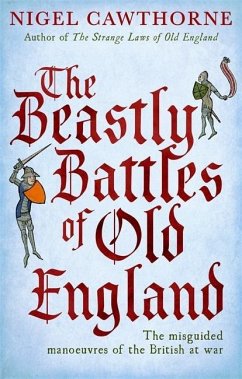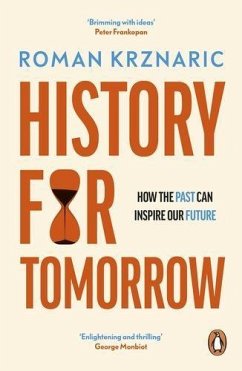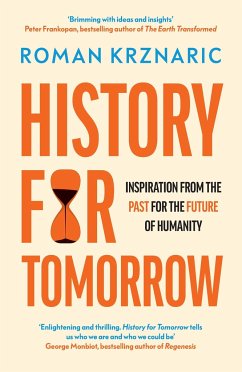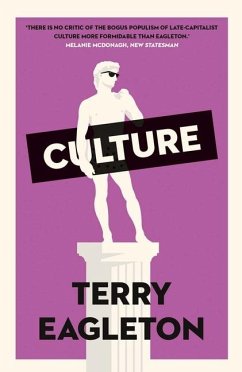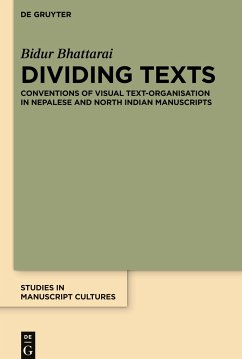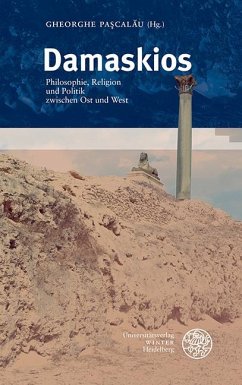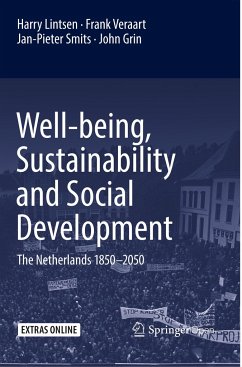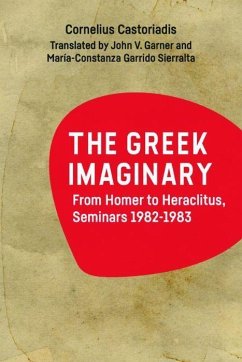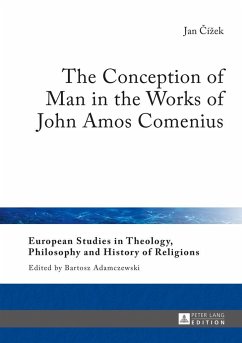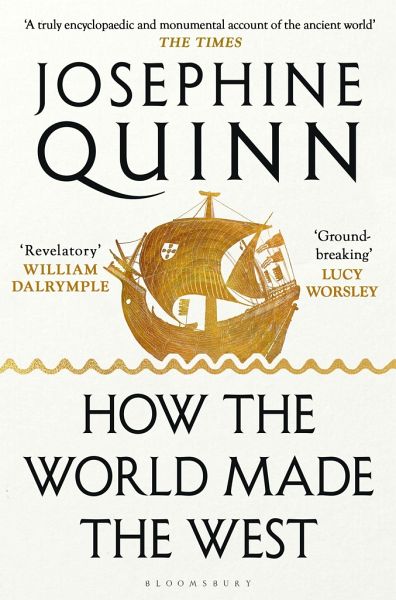
How the World Made the West
A 4,000-Year History
Versandkostenfrei!
Versandfertig in 3-5 Tagen
16,99 €
inkl. MwSt.
Weitere Ausgaben:

PAYBACK Punkte
8 °P sammeln!
A BOOK OF THE YEAR FOR: The Times/Sunday Times, Observer, Economist, Guardian, BBC History Magazine, i-paper and History Today'One of the most fascinating and important works of global history to appear for many years' William Dalrymple'Quinn has done a lot more than reinvent the wheel. What we have here is a truly encyclopaedic and monumental account of the ancient world' The TimesAncient Greece and Rome are considered the parents of Western civilisation. But the ancient world was much more interconnected than we realise - a place of constant exchange, commerce and theft, sex, war and enslave...
A BOOK OF THE YEAR FOR: The Times/Sunday Times, Observer, Economist, Guardian, BBC History Magazine, i-paper and History Today
'One of the most fascinating and important works of global history to appear for many years' William Dalrymple
'Quinn has done a lot more than reinvent the wheel. What we have here is a truly encyclopaedic and monumental account of the ancient world' The Times
Ancient Greece and Rome are considered the parents of Western civilisation. But the ancient world was much more interconnected than we realise - a place of constant exchange, commerce and theft, sex, war and enslavement.
Journeying from the Levant of 2500 BC to the dawn of the Age of Exploration, Josephine Quinn argues that the roots of the West can be found in everything from Indian mathematics to the chariots of the Steppe, from Arabic poetry to the Phoenician art of sailing. The result is an epic and revelatory history of our shared past.
'Superb, refreshingand full of delights, this is world history at its best' Simon Sebag-Montefiore
'Full of little gem-like shifts of perspective' Guardian
'Scintillates with its focus on the unexpected' Economist
'A work of great confidence, empathy, learning and imagination' Rory Stewart
'This is, in every way, a big book' TLS
'One of the most fascinating and important works of global history to appear for many years' William Dalrymple
'Quinn has done a lot more than reinvent the wheel. What we have here is a truly encyclopaedic and monumental account of the ancient world' The Times
Ancient Greece and Rome are considered the parents of Western civilisation. But the ancient world was much more interconnected than we realise - a place of constant exchange, commerce and theft, sex, war and enslavement.
Journeying from the Levant of 2500 BC to the dawn of the Age of Exploration, Josephine Quinn argues that the roots of the West can be found in everything from Indian mathematics to the chariots of the Steppe, from Arabic poetry to the Phoenician art of sailing. The result is an epic and revelatory history of our shared past.
'Superb, refreshingand full of delights, this is world history at its best' Simon Sebag-Montefiore
'Full of little gem-like shifts of perspective' Guardian
'Scintillates with its focus on the unexpected' Economist
'A work of great confidence, empathy, learning and imagination' Rory Stewart
'This is, in every way, a big book' TLS






